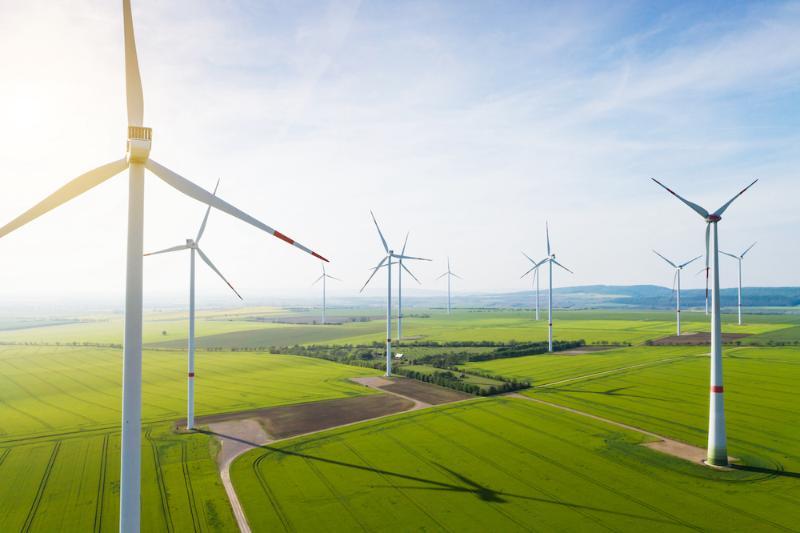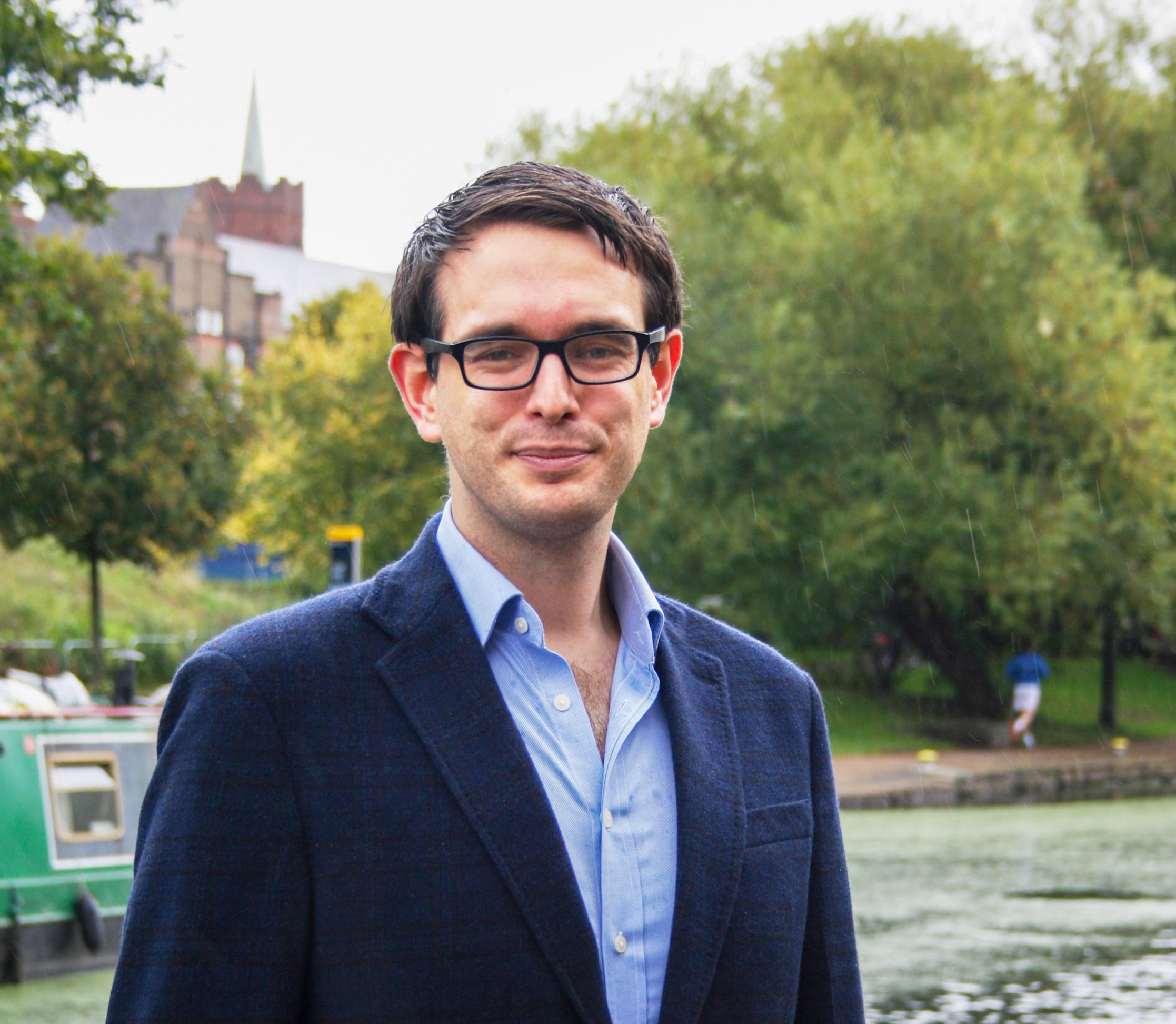Empowering students for sustainable development: embedding sustainability alongside key academic study skills in a first-year undergraduate module

This case study explores the School’s first year undergraduate tutorial module (GEG4015 Sustainable Transitions)
Introduction
The School of Geography is committed to equipping all our students with the essential skills, resources, and knowledge necessary to become effective agents of change in the realm of sustainable development. This case study of sustainability in the curriculum explores the School’s first year undergraduate tutorial module (GEG4015 Sustainable Transitions), which seeks to combine the exploration of sustainability and the Sustainable Development Goals (SDGs) with the acquisition of key academic and professional skills over the course of our incoming students’ first semester at Queen Mary.
Background
The School’s first-year tutorial module has evolved significantly over many years, with changes in recent years to the academic focus, duration, credit-weighting and assessment of the class. There has been a tendency, I think it is fair to say, to try to shoe-horn lots of emerging and persistent academic concerns into tutorials (ranging from AI literacy and use of referencing software to email etiquette and decolonising the curriculum) and assume that this is the best time and place in the programme to deal with myriad concerns. While not seeking to downplay these important issues, seeing the tutorial module as the magic bullet solution to all these concerns risks creating an incoherent experience for students and sidesteps opportunities to incorporate the above academic concerns later in the programme or even at multiple points across the student journey to reinforce learning.
The module amendment deadline in mid-2023 provided the perfect opportunity to reflect on the coherence of the module and to use the School and Queen Mary’s collective concern for sustainability as an organising focus.
Priorities
The School wants our undergraduate programmes to inspire students to make exciting discoveries, challenge preconceived ideas and reach their full potential. To help accomplish that programme-level ambition, this compulsory module for all students in the School has three key priorities (alongside more specific learning outcomes). First, we want a tutorial module that ensures students acquire essential academic and interpersonal skills at an early stage in their degree. These skills include information literacy, essay writing, referencing and career planning. Second, we want a tutorial module to familiarise students with relevant learning resources needed for academic success during their time at university, including library databases, online textbooks and journal articles, and our virtual learning environment. Thirdly, we want to ensure that sustainability runs across our programmes. In doing so, we are cognisant of our moral commitments to people, places and planet, as well as our subject benchmarking and programme accreditation requirements. We also know that our students want to learn more about sustainability, and so this is a chance for us to enhance programme relevance and student engagement too.
Implementation
A group of ~8 students meet on a weekly basis for hour-long discussion seminars with an academic member of staff who acts as their tutor. Each week focuses on discussion of an individual SDG and will also involve reflections and exercises on a specific study skill. For example, in Week 2 of the course students find (using Library Search) and then read a textbook chapter on sustainable development, alongside some notes and resources on reading strategies and effective notetaking. Students learn to effectively search for and access academic literature and textbooks on sustainable development topics, enhancing their information literacy skills. Practice exercises, interactive HTML5 content and feedback sessions help students master referencing conventions and avoid plagiarism.
We deliberately seek to integrate real-world events alongside our class schedule: our discussion of climate change takes place in the week of the annual COP meetings, for example, and we discuss local action and individual responsibility during QMUL Sustainability Week. This allows students to see their weekly topic outside the classroom – whether on campus or on online news sites – and opens significant opportunities to engage with stretch and challenge resources as they are published (e.g. blogs, podcasts, recorded panel sessions).
The tutorial groups are composed of students from a single programme, allowing the tutor to select readings and examples that speak to the interests of the students. So, for example, Geography with Business Management students might discuss corporate practices and responsibilities around water contamination while in the next seminar room our Environmental Science students reflect on the latest systematic review of nature-based solutions to the growing salinisation of water supplies. This builds subject-specific discussions that are a foundation for subsequent learning but also creates a real sense of cohort as all students work through similar questions, sparking debate and connections across what may sometimes feel like impermeable programme boundaries.
Alongside the regular pattern of small-group tutorials, we also bring larger groups of students together in different formats. In 2023, for example, all students visited Bore Place in Kent for a day-long field visit to an organically managed rural estate producing sustainable food for the local community. In 2024, we intend to visit Malta with our students – capitalising on Queen Mary’s campus and links in the country – to explore how a small island state is progressing the SDGs in a context very different to our own. We have also organised panel sessions with the Careers and Enterprise Services featuring professionals (including many alumni) working in various sectors of sustainability to introduce students to diverse career pathways and opportunities. Students gain insights into the skills, qualifications, and experiences required for careers in sustainability and can network with industry experts.
The module is assessed via two individual submissions: a short 800-word essay and a 10-minute recorded presentation. The essay is submitted in Week 8, so it is the students’ first essay submission at university. It focuses on one SDG topic – SDG2 on zero hunger – allowing students to evidence their reading, writing, and referencing skills developed in the first part of the module and connect empirical observations from the Bore Place visit to their assessment. Students also receive written feedback on an essay draft submitted in Week 5. The brief for the presentation asks students to present progress on a specific SDG to an audience of world leaders, drawing upon local, national, and global responses to this SDG and particularly emphasising the experiences and demands of younger generations. Students use this unusual assessment brief in a variety of interesting and creative ways, all communicating their passion for sustainability.
Outcomes and Impact
In reviewing the module at the end of the 2023-24 academic year, we drew upon end-of-module evaluations and 10 short semi-structured interviews with students on the class (involving at least one student from each of our programmes). Soliciting feedback in these formats provided a key opportunity to investigate the impact of integrating sustainable development into the first-year tutorial module.
First, students report developing essential academic skills, including information literacy, referencing, and critical thinking, via conducting research and writing assignments on sustainable development topics.
“I loved the way that we do the basics of study skills in this class. There’s no assumption that you know how to write an essay, for example. The fact that it all builds on the sustainability topic is interesting too – so whether it’s referencing or reading, we’re always thinking about SDGs.” (BA Geography student)
Second, exposure to career and networking opportunities in sustainability prepared students for future employment in the field, something that they feel empowers them to pursue meaningful and impactful graduate destinations aligned with their interests and values.
“It was fascinating to attend the careers in sustainability panel and chat with former students who had made the transition from this campus to leading in the sector. It was great to get their advice and made the whole process of applying for internships and jobs less daunting for me.” (BSc Geography with Business Management student)
“I really liked the opportunity to get started on thinking about careers. It was good to look at job profiles in the areas of sustainability that we were investigating and to see what we needed to do between now and graduation to acquire the kinds of skills employers are looking for in those graduate roles.” (Anonymous module evaluation)
Third, access to learning resources and skill-building opportunities empowered students to take ownership of their learning journey with confidence and purpose.
“Each week there were a set of stretch and challenge tasks that we could complete in our independent study time. I liked the structure it provided, and it let me build confidence in data analysis using some of the questions interpreting things like charts and graphs from the latest sustainability reports.” (BA Human Geography student)
“I appreciated the chance to work on my presentation skills with staff and a small group of students. I’m not the most confident person, so the fact that this was a recorded presentation on QMPlus let me put in some practice and focus on the content rather than worrying about speaking to a full room.” (BSc Geography student)
Fourth, the integration of skill-building activities with SDG exploration promoted holistic development, equipping students with the knowledge, skills and values necessary to address complex sustainability challenges.
“We covered a lot in this module and it’s fascinating how there are some similarities and differences in how we can respond to the different SDGs. There’s no one-size fits all response and that’s something I want to explore further.” (Anonymous module evaluation)
Conclusion
The School of Geography’s integrated approach to student learning combines the exploration of SDGs with the acquisition of key academic and professional skills, fostering holistic development and empowering students to become effective advocates for sustainable development. By introducing students to essential skills and resources early in their university journey, feedback from students suggests that the School prepares them well for success in further study, careers, and lifelong engagement with sustainability issues. Through ongoing support and mentorship, it is our ambition to nurture the next generation of leaders committed to building a more sustainable and equitable world.
